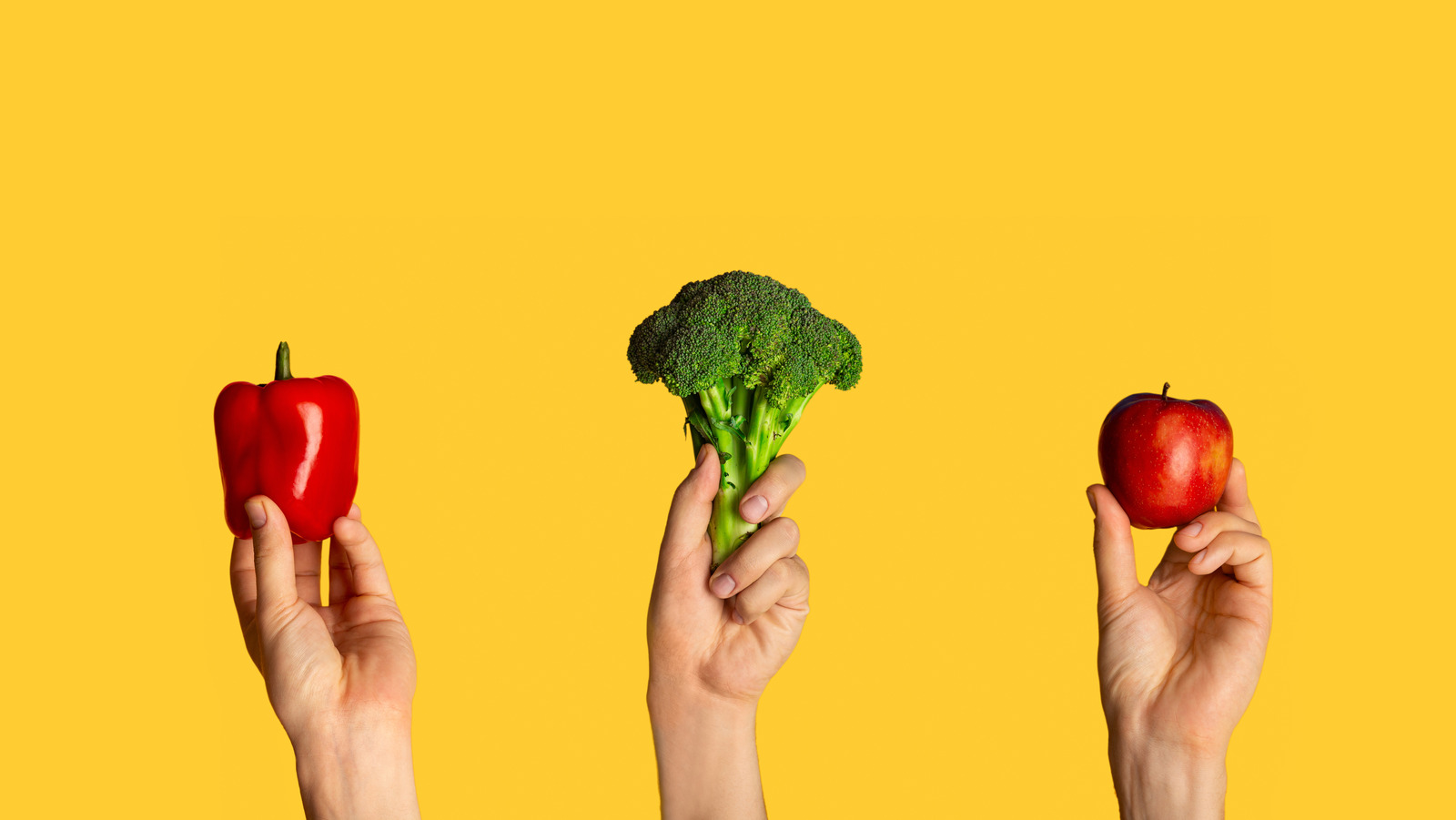
These are all the scientific terms for classification, however. As University of Georgia College of Agricultural and Environmental Sciences vegetable specialist Dr. Timothy Coolong explains, fruit and vegetable specialists tend to ignore the botanical class in favor of how the plants actually grow. "We probably treat a lot of things that are botanically fruit as vegetables, because of the growing systems we use. A tomato is most certainly a fruit, but in just about every state the vegetable specialist would be working with tomatoes and not the fruit specialist," Dr. Coolong tells Mashed. It's a similar picture for consumers when it comes to buying fruits and vegetables.
When asked to give the average person a shorthand for dividing their fruits and vegetables, Dr. Coolong suggested in a UGA blog interview, "A vegetable is a food item used to complement other items in a main dish, while a fruit would generally be consumed by itself as a snack or as a dessert."
And as Healthline explains, fruits tend to be higher in sugar and calories than vegetables. However, unlike processed snacks, fruits also have specific nutrients that are beneficial to one's health. Vegetables, however, make a better pairing for a dish because they lack that sweetness but still supply a good amount of minerals, vitamins, and antioxidants. In short, tomatoes can still be treated as a complement food, the way vegetables are; their sweetness doesn't discount their nutrient-dense nature.
"vegetable" - Google News
January 26, 2022 at 12:02AM
https://ift.tt/33KyBx9
The Real Difference Between A Fruit And A Vegetable - Mashed
"vegetable" - Google News
https://ift.tt/2CyIOeE
https://ift.tt/3aVzfVV
Bagikan Berita Ini














0 Response to "The Real Difference Between A Fruit And A Vegetable - Mashed"
Post a Comment